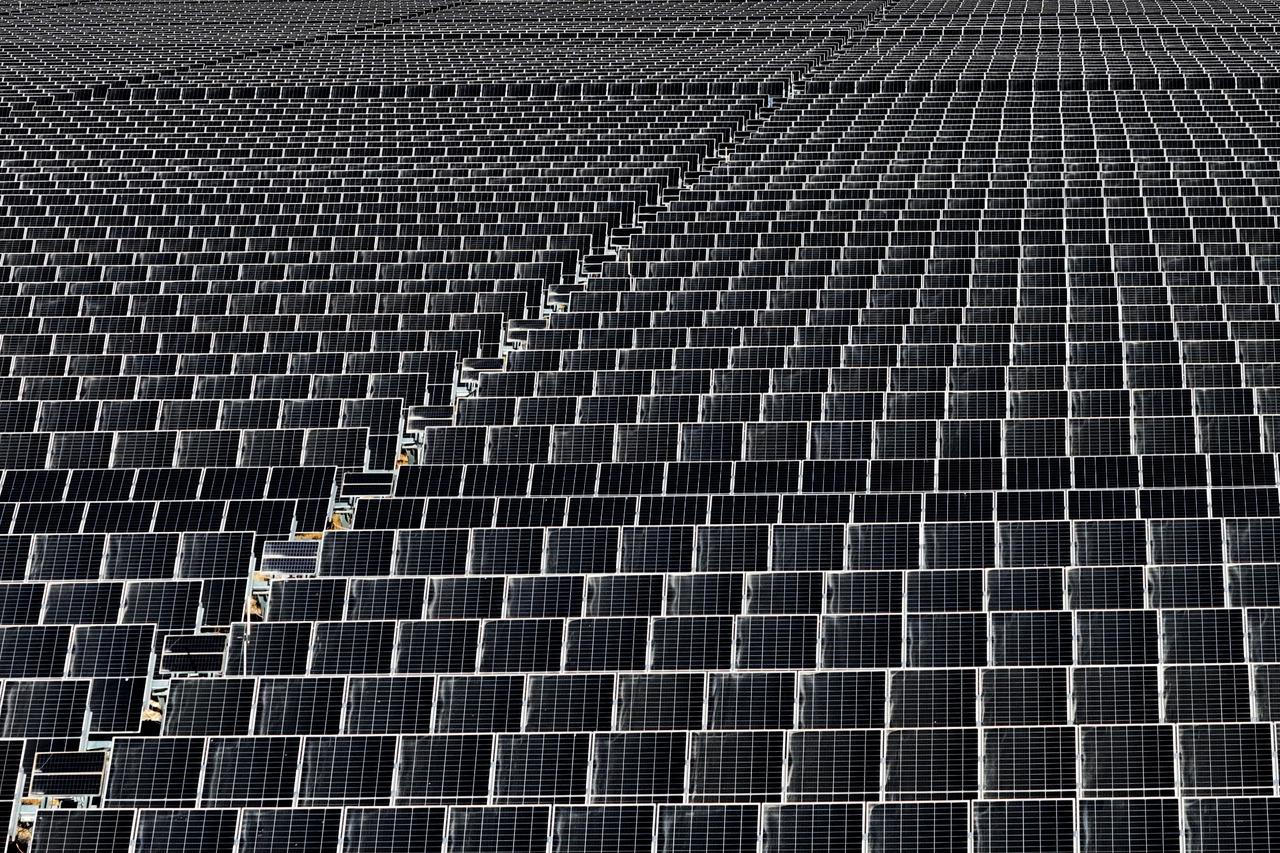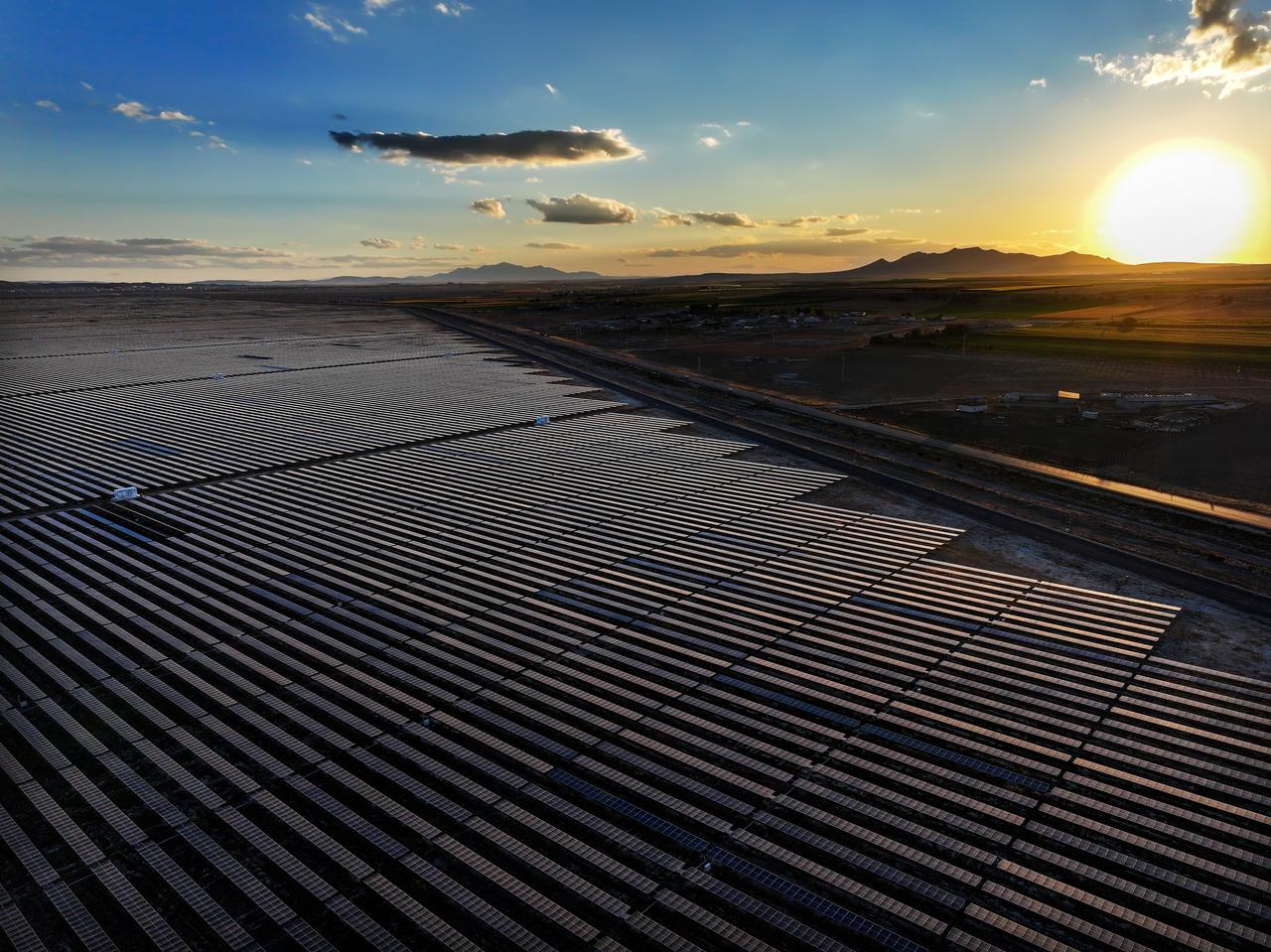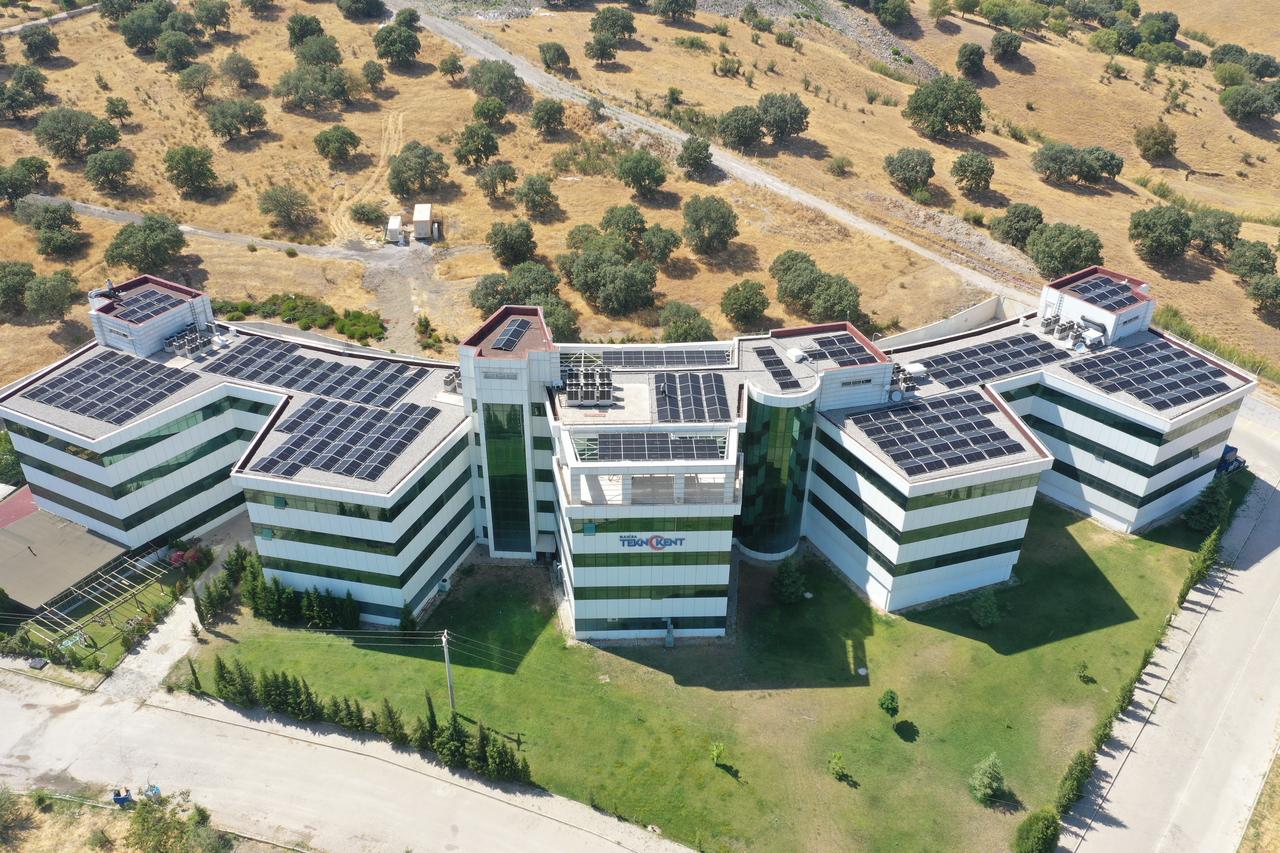
Türkiye has increased its energy efficiency faster than the global average in recent years as rising electricity demand from air conditioning and artificial intelligence puts pressure on governments worldwide, a senior International Energy Agency (IEA) official said.
"Türkiye has increased its energy efficiency much faster than the global average over the past few years," International Energy Agency Energy Efficiency and Inclusive Transitions Office Director Brian Motherway told state-run Anadolu Agency (AA) on Tuesday.
Motherway said global electricity demand is rising rapidly due to increased air conditioning use and AI-driven energy consumption in data centers, putting pressure on governments trying to meet energy-efficiency targets.
Energy efficiency lowers bills and makes industry more competitive, Motherway said, noting this requires joint efforts from policymakers, investors, individuals and companies.

The IEA defines energy efficiency as the "first fuel," Motherway said.
"This is one of the easiest ways for countries to reduce their emissions, lower their energy imports and reduce overall energy costs. When you invest in energy efficiency, in addition to direct benefits, the need for investment in areas such as gas pipelines, electricity grids and infrastructure also decreases. Therefore, we always remind governments to keep energy efficiency at the center of their investment strategies. This approach also makes it easier to achieve overall goals," Motherway said.
Motherway noted Türkiye's emphasis on energy efficiency. "Türkiye, in addition to its strong commitment to climate goals, is aware that energy efficiency offers great opportunities in terms of economic prosperity, energy security and reducing energy costs in homes," Motherway said.
Regarding Türkiye's 2030 energy saving targets, Motherway said the ambitious goal is gratifying.
"Türkiye has increased its energy efficiency much faster than the global average over the past few years," Motherway said.
Energy efficiency work requires constant attention and effort, Motherway said, adding the process does not end with developing and implementing policies but requires field implementation, supervision and interaction between business and government.
"It's nice to see that Türkiye is determined to take faster steps on this issue. I think Türkiye has all the opportunities to achieve these goals and this will provide great benefits to citizens and businesses," Motherway said.
Efficiency investments turn a profit quickly, Motherway said, but acknowledged this is not always affordable for everyone.
"At this point, governments can intervene through direct financing, grants, tax incentives or by encouraging third-party financing and energy service models. Türkiye's strategy and new action plan focuses on using public spending in a way that will mobilize private sector investments. This is a smart approach because ultimately private sector investments will be needed on a large scale to achieve the goals," Motherway said.

Motherway emphasized the importance of energy efficiency in buildings.
"There is intense construction activity in Türkiye. In addition, many building strengthening and renovation works are being carried out. This means a great opportunity to raise standards. Türkiye's focus on this sector is commendable," Motherway said.
Investment is needed and Türkiye's policies recognize this requires both public and private sector investments, Motherway said. Energy efficiency generally requires high initial investments but these investments pay for themselves over time, he said.
"Whether contractors, homeowners or businesses, they often need support for these investments. Therefore, I find Türkiye's determination on this issue positive," Motherway said.

Türkiye has made significant progress in energy efficiency in recent years, according to data from the Ministry of Energy and Natural Resources.
The country's first National Energy Efficiency Action Plan covering 2017-2023 saw approximately $8.5 billion in investments, exceeding the 23.9 million tons of oil equivalent energy saving target by achieving 24.6 million tons of oil equivalent in energy savings.
The investments and savings achieved approximately 70 million tons of emission reductions. The 20% energy intensity reduction target compared to 2011, set in the Energy Efficiency Strategy Document, was reached ahead of schedule in 2022 with a 20.4% decrease.
Türkiye was among the countries that most improved energy intensity globally for two consecutive years in 2021 and 2022. While global energy intensity improvement averaged 2% in 2022, Türkiye's energy intensity showed record development with a 6.2% decrease.
Türkiye thus ranked among the countries that most rapidly improved energy intensity, especially in the post-COVID-19 pandemic period.

The Energy Efficiency 2030 Strategy Document, covering the new period, established 10 strategic objectives and 23 targets.
The second National Energy Efficiency Action Plan (NEEAP) prepared to achieve these targets and covering 2024-2030 aims for $20.2 billion in investments, 37.1 million tons of oil equivalent in primary energy savings, a 16% reduction in primary energy consumption and 100 million tons of emission reductions.